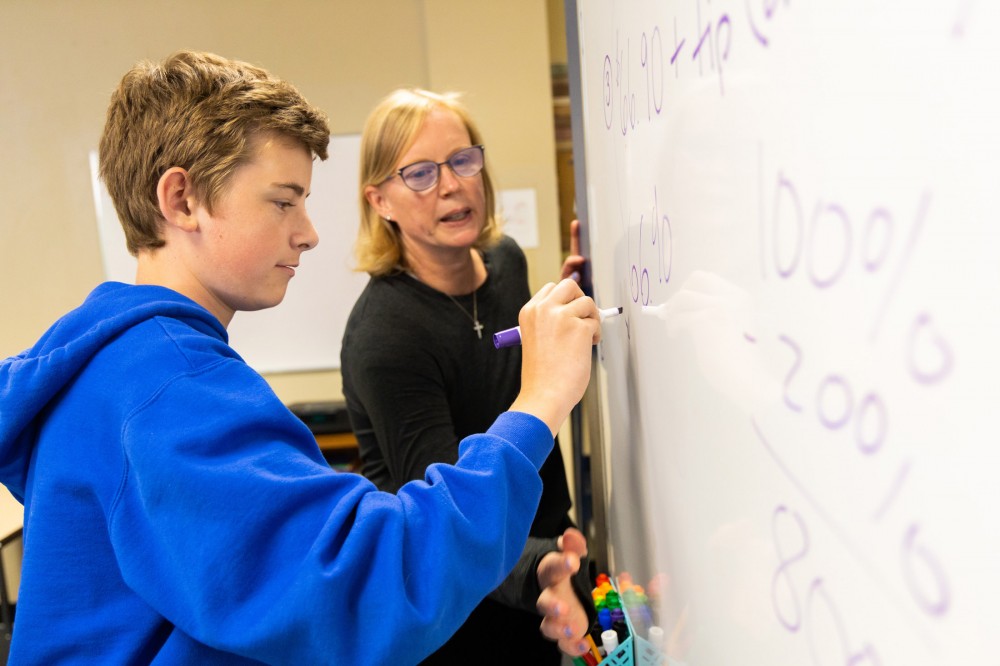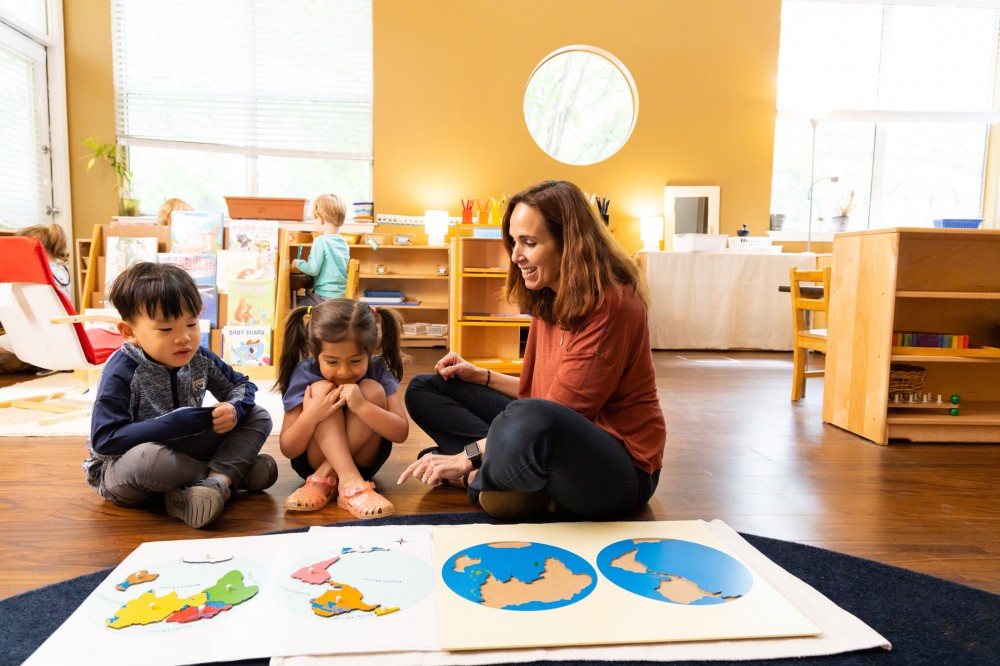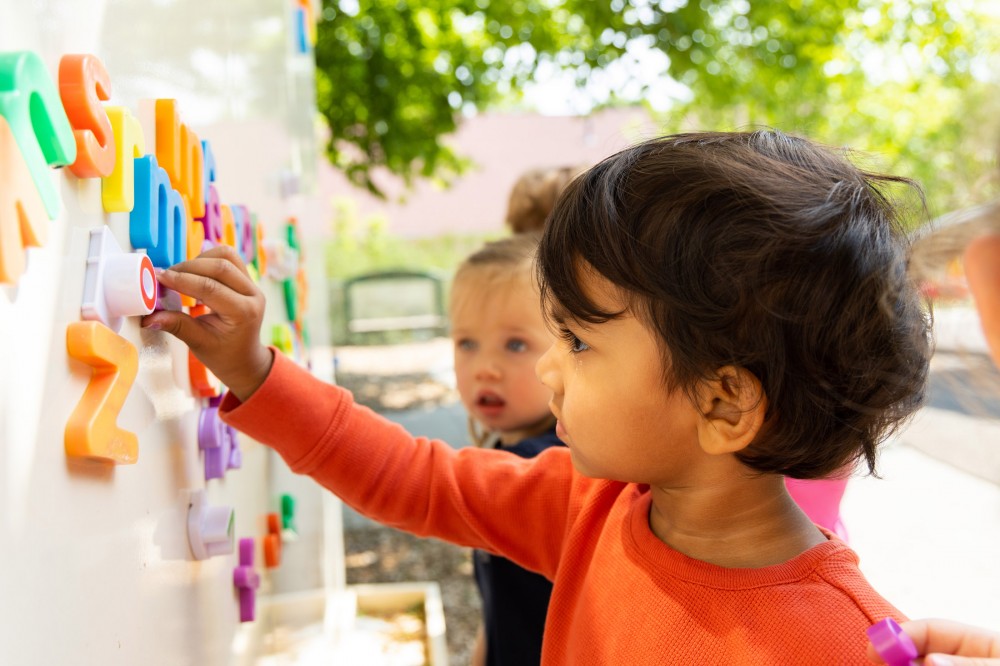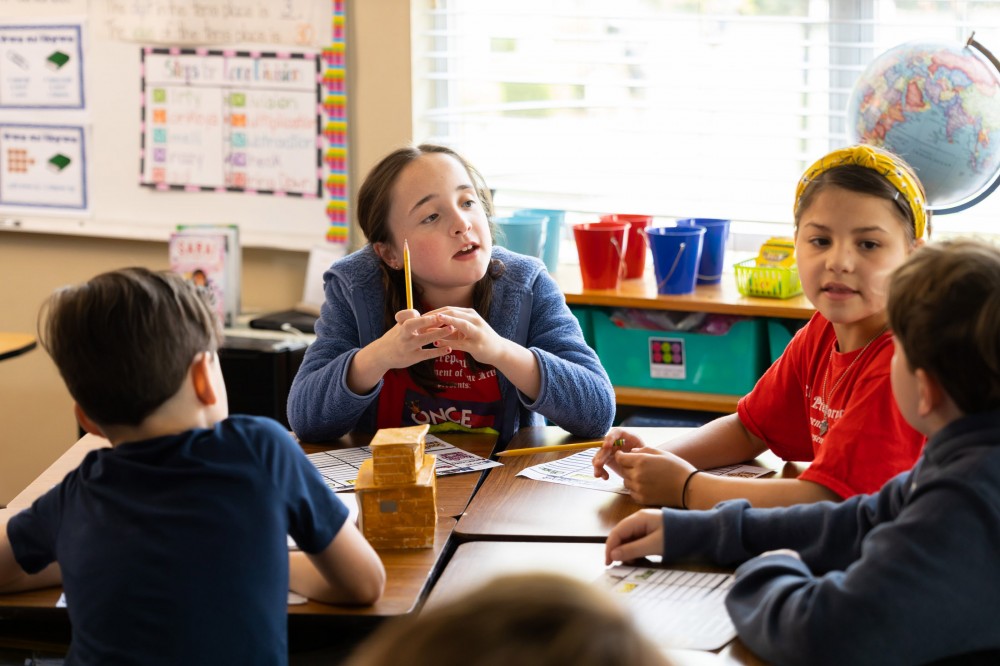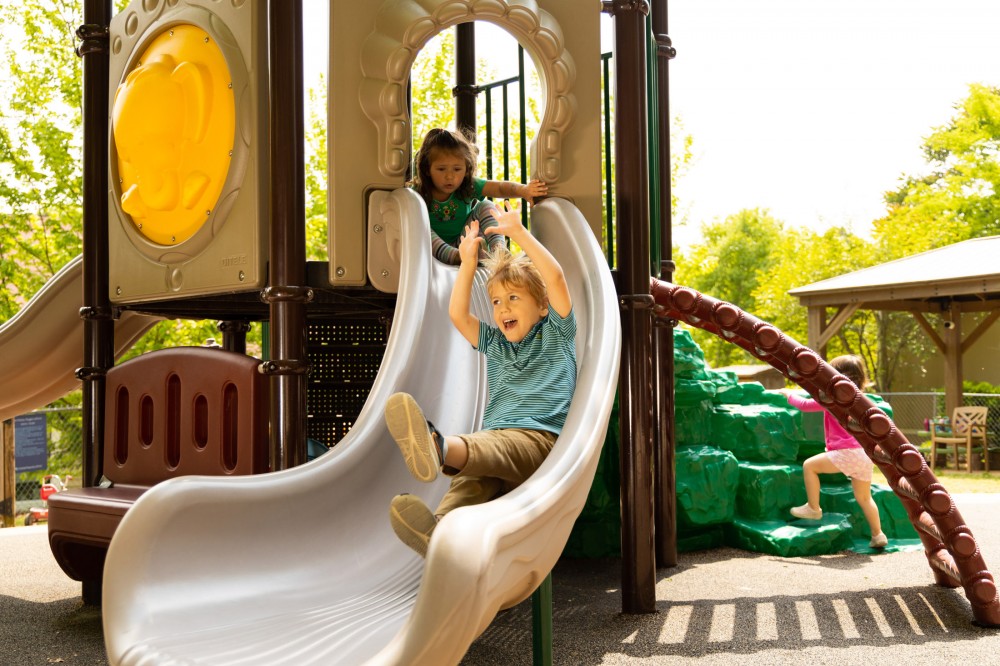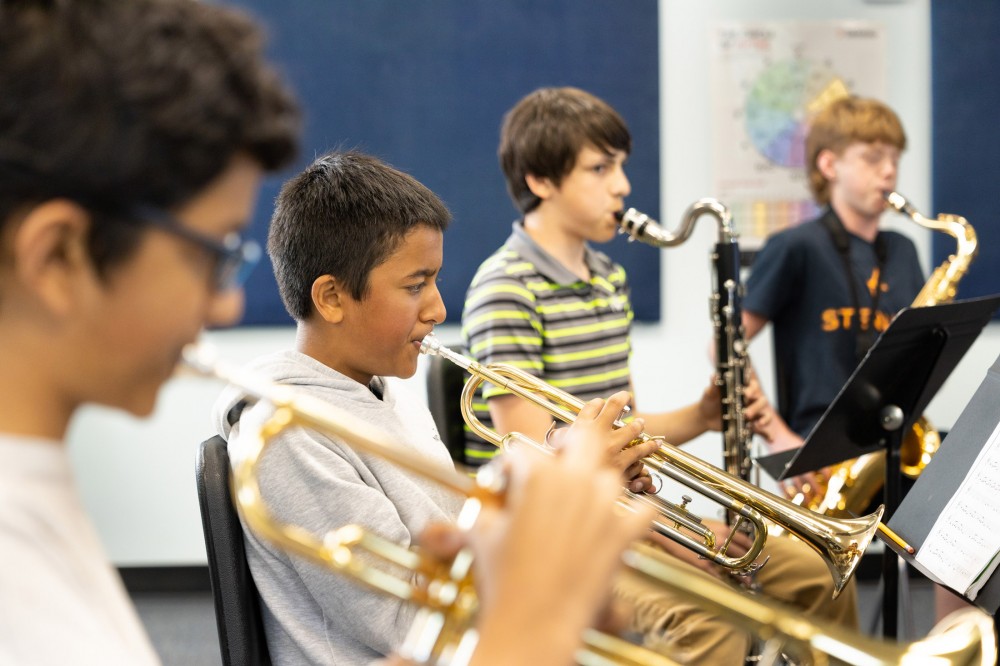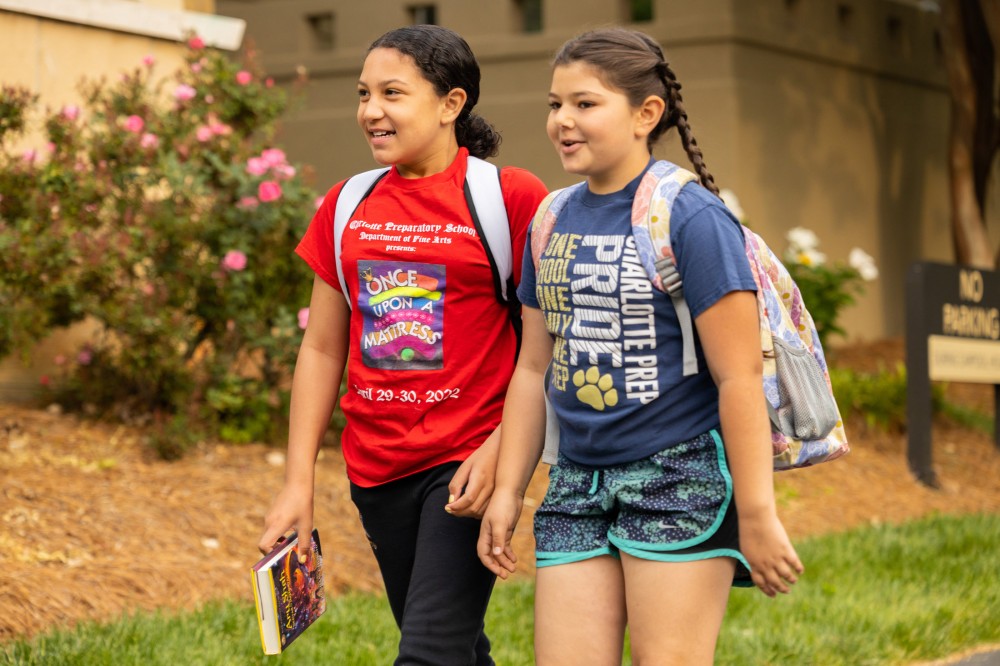5 Ways to Develop Your Child's Social Emotional Skills at Home
November 22nd, 2022
We dedicate time at school each day to Social Emotional Learning (SEL) and weave the skills into our academic work, but there are countless ways you can build and reinforce SEL skills at home. In fact, you are probably doing a lot of these activities already. Implementing these strategies will reinforce social and emotional skills and help you connect with your children more deeply.
- Model preventative strategies by taking care of ourselves.
Modeling and highlighting positive coping skills we use throughout our day can have a huge impact. Undoubtedly we have many stressful moments each day. By modeling healthy, preventive strategies like meditating, deep breathing, exercising, healthy eating, and engaging in hobbies we enjoy, we show our children how we control our stress levels. We are not able to remove all the stress from our lives, but we are able to implement strategies to help us manage the stress.
- Help your child name and express emotions.
When we (as adults) are frustrated, we can label and acknowledge the feeling. Further, we can share our plan to manage that feeling. Then, when we see a child frustrated, we can help the child name the emotion, validate the feeling, and listen. If appropriate, we can help problem-solve how to move through the emotion, but be mindful that the child may just need us to listen. We can model a range of emotions and normalize comfortable and uncomfortable feelings.
- Respect and celebrate diversity.
Children are developing their identities and their worldviews. SEL helps children do that and a huge part is learning about others and seeing similarities and differences. Consider discussing cultural differences and be open to answering questions children may have. Plan a family outing to a cultural event or celebration in the community.
- Practice active listening.
During dinner, include everyone in the conversation and model great active listening skills. Show children how to restate what the previous person said and build on it. Ask engaging questions that show you listen to what others have said. If conversation seems to be difficult, prepare cards with various questions. They can be silly, imaginative, and playful questions. Laughing is a great way to engage children and strengthen relationships!
- Demonstrate kindness and talk about it.
Model being empathetic and talking kindly about others, especially those who we may disagree with or who may be struggling. We can show understanding and process that with our children. Let our kids see how we help others without expecting anything in return.
Some of the most important SEL work is taught in small, but meaningful moments. Noticing what we are doing already and then intentionally extending that work can have a big impact with little effort. Maybe asking your child about highs and lows from his or her day after pick up from school can elicit meaningful insights. Consider making this part of routine dinner conversation and adjusting the game to roses (positives), thorns (negatives), and buds (something to look forward to). SEL is more than isolated lessons. The development of personal and interpersonal skills is a continuous process. The more support and reinforcement we can provide a child the more growth we will see.
More News from Charlotte Prep
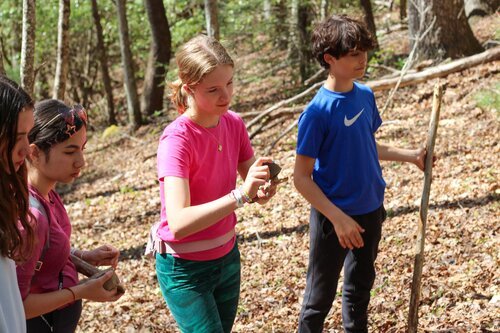 May16Keep Learning Alive this Summer
May16Keep Learning Alive this SummerAs the school year draws to a close, many parents begin contemplating how to keep their children engaged during the summer break. Here are some practical tips for families to keep the learning flame alive during the summer!
See Details May9Class of 2024 High School Destinations
May9Class of 2024 High School DestinationsWe are so proud of the Charlotte Preparatory School graduating class of 2024! These students have shown themselves time and time again as exceptional scholars, athletes, and artists. But more importantly, they model the values of our core pillars, and that is the lifelong mark of a Prep graduate that they will carry with them.
See Details May1Third Grade Wax Museum
May1Third Grade Wax MuseumAs one of Prep's signature experiences each year, our third graders create their very own wax museum! The students dress as a historical figure they have researched, stand "frozen," and recite a speech when visitors approach them.
See Details Apr11Charlotte Prep Presents Willy Wonka Jr.
Apr11Charlotte Prep Presents Willy Wonka Jr. Our annual 3rd-8th grade musical is a true display of the talent and hard work of our students and they are proud to present Willy Wonka Junior this year.
See Details





